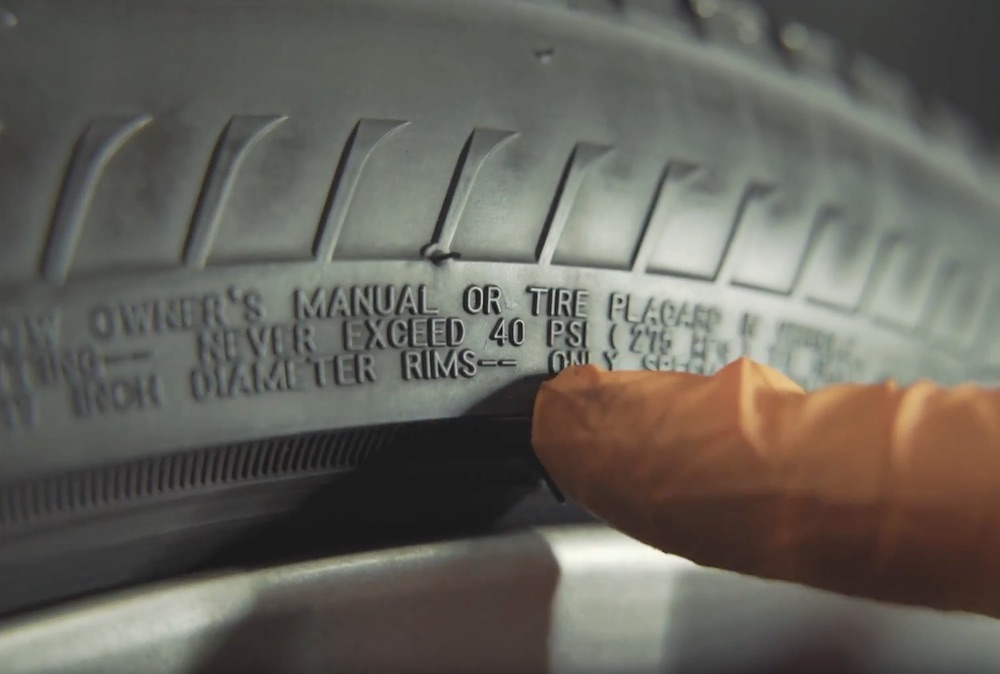For many German luxury car drivers, the first time you might think about your vehicle's tire pressure is on that first cold day of Autumn. Why? That's usually the day when BMW and Mercedes-Benz Tire Pressure Monitoring (TPM) systems alert you to lower than average tire pressure. As the air temperatures drop in the Fall, cold air causes an unusually large drop in tire pressure and triggers your vehicle's diagnostic system.
Does this mean your tires' are actually under-inflated, or is this simply a system glitch?
Well, the simple answer is: check your tire pressure anyway. Driving on improperly inflated tires is unsafe. According to the National Highway Traffic Safety Administration, at any given time, about 1/3 of all passenger vehicles on the road are driving on under-inflated tires. In fact, in 2017, it estimates there were 738 fatalities from tire-related accidents.
What are some of the problems with improper tire inflation?
Not only safety concerns, but tire inflation can also affect tire wear, fuel economy, and the comfort of your vehicle's ride. Here are some of the drawbacks of under and overinflated tires.
Under-inflated Tires:
- Higher operating temperatures causing faster tire wear
- More contact with the road surface causes lower gas mileage
- High temperatures can cause in tread separation or a tire blowout
Over-inflated Tires:
- Tires bulge in the center causing uneven tire wear
- Higher likelihood of a puncture or blowout
- Passengers will feel every bump or crack in the road surface
How do you know your vehicle's recommended tire pressure?
A common mistake is using the number listed on the tire wall for air pressure. This is NOT the recommended air pressure you should use. Instead, it's the maximum air pressure for that tire. Never inflate your tires to that number.

Instead, you'll find the manufacturers recommended tire pressure on a decal inside the driver's side door frame. In some cases, the recommended air pressure will be different for front and rear tires, so it's important to adjust accordingly.


Tires lose naturally about 1 PSI (pound per square inch) per month, so we recommend checking your air pressure monthly, so you remain in the acceptable range. A simple tire pressure gauge will help you identify your tire's current air pressure. Keep in mind, as you drive the operating heat will increase, which in turn increases the air pressure. Check the air pressure before driving your vehicle (ideally when it's been sitting for three or more hours).
Once your tires are inflated to their proper levels, you'll need to reset your vehicle's TPM. To do so, refer to your owner's manual, as different models will have different steps to reset your system. If you've lost your owner's manual, you can find a digital copy here: BMW, Mercedes-Benz, & MINI.
As part of our routine inspection at The Shop, our Master-Level Technicians always ensure your vehicle has the proper tire inflation. When in doubt, stop into The Shop, and we'll make sure your tires are optimized for safety and performance.